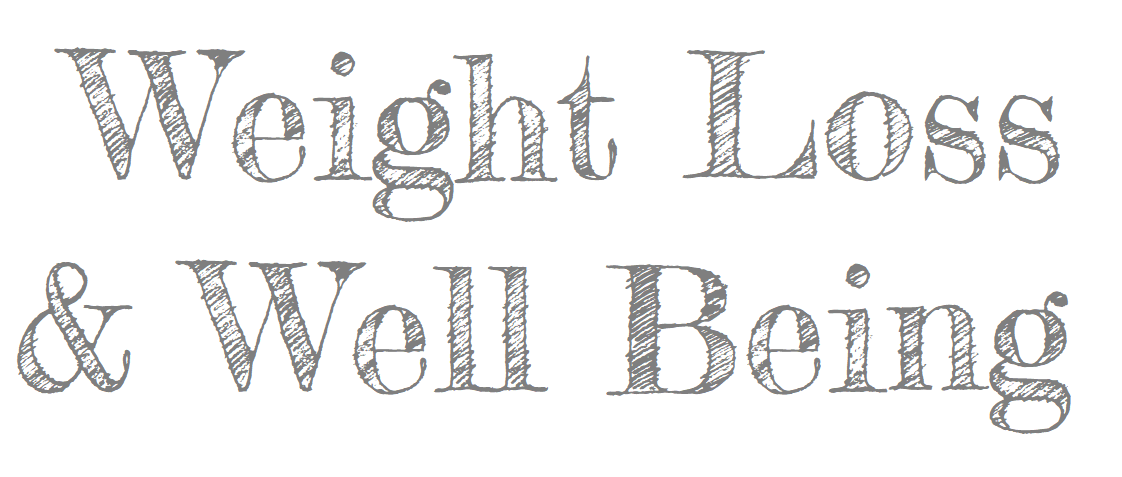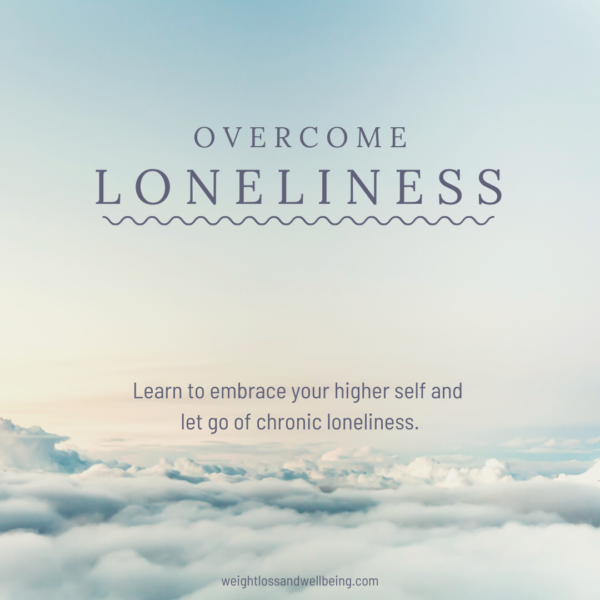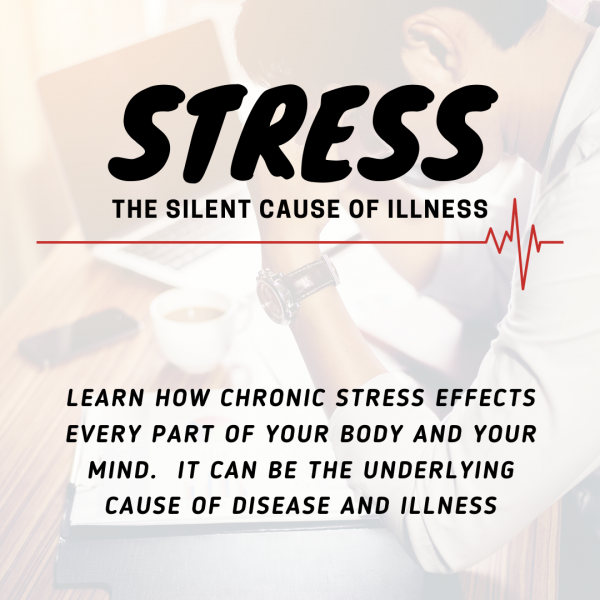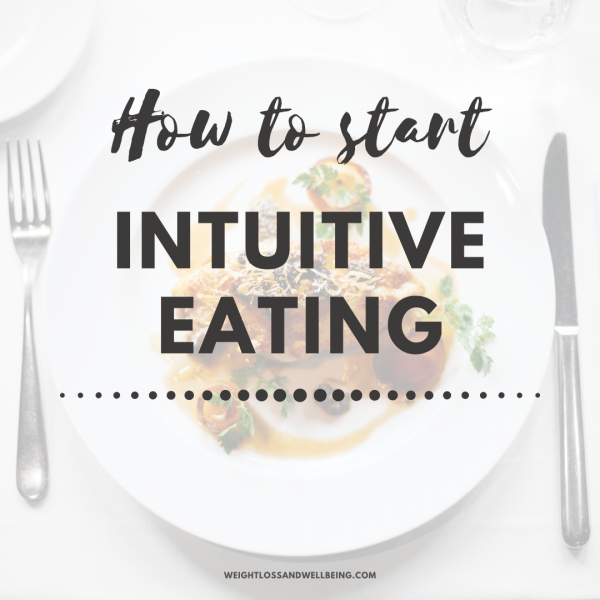We need to talk about our health. The mental health stigma has been furiously challenged lately, and I am so happy to see people openly discussing their emotional struggles. But sharing physical health experiences is something I still rarely see.
It’s no surprise that the youngest generation is different; we were raised in a new fashion. We were allowed to express ourselves and experiences openly, but there are still some very taboo topics. And though we have been embracing mental health status in an open way, we are not necessarily so open with our physical health.
Talk about Health
There are many forms of illness that are still deemed shameful and not shared. It may be common place to describe in detail the head cold or allergy attack you had last week. But when was the last time someone described their colitis flare up or the open sores they have from their autoimmune disorder? Talking about health is still hard for many.
Some ailments are accepted and discussed, while the most traumatizing, painful, and destructive are still hidden away. IBS, ulcerative colitis, and Crohn’s disease are some of the most debilitating chronic illnesses out there, and are so much more common that you would think. But because they suffer behind the bathroom door no one knows.

I know this because I have met many people who have suffered silently through terrible chronic illness, pain, and infection. They felt as though they could not burden their friends and loved ones with their ailments.
Or even worse, feel shame or a moral weakness for being ill or sick in the first place. We are taught young to keep things, especially negative things to ourselves. We don’t want to burden anyone with our “complaints” or “ungratefulness.” Now the disease takes their health and their voice.

This is no way to live, there is no reason to feel ashamed or guilty about our health status or the symptoms we suffer from. We are all humans and obviously share many of the same disease and illnesses as one another.
Similar symptoms and experiences are every where, yet so many are convinced that they must be the only one. But maybe if we start sharing our experiences and lessons we’ve learned. If we can share honestly and and talk about our health, we can help people find solutions.
How to talk about your health
Talking about your health doesn’t have to be hard. Be open and be understanding. Most importantly learn how to listen, and hold space for people’s emotions without prescribing them a cure.
There is no need to make this interaction full of guilt. Their guilt for sharing the negative, and your guilt for not being able to help. We cannot always fix everything, solve everything, or make it better. Most of the time, especially when it comes to health and wellness, the best thing we can do is listen.
Once we start to listen and understand, we become a support for the sufferer instead of a burden. Creating space for health experiences to be shared increases everyone’s comfort and confidence around illness and disease. So that if and when the time comes, they too feel empowered to speak up.
Health Similarities among Family
One of the first things that really illuminated this issue for me was a family I had met. Individually, they had all shared with me, as they referred to it, their “bathroom problems.” (I really do think that this is one of the most hidden ailments of society).
Shockingly, they all seemed to suffer from the same digestive issues yet not a single one knew that their family members were also experiencing the same thing.
After pushing them to start sharing their symptoms, they quickly realized that they were not alone. They all had very similar signs and symptoms. But for some reason, their shame and guilt had prevented them from sharing. And even worse, they felt they couldn’t share it with their family, the strongest and closest support system in their life.
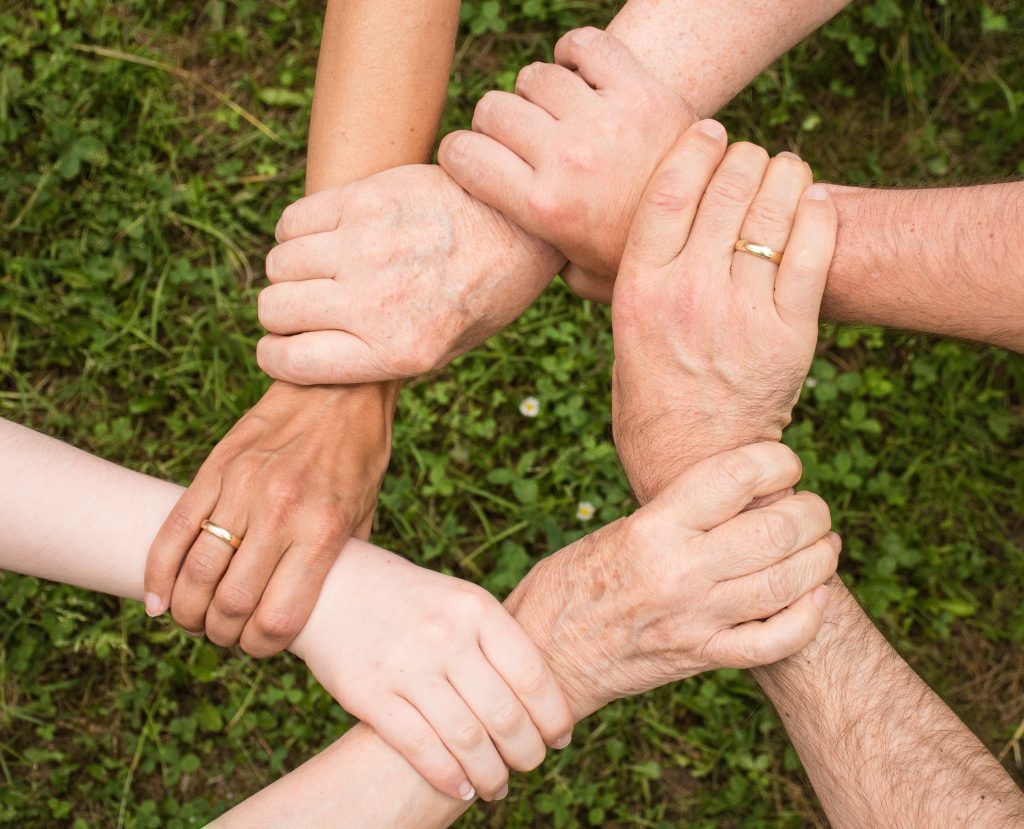
Once they started opening up, they were able to collaborate as a family. As one noticed improvements, they were able to share the advice. And slowly but surely over time, the family has begun to open up about more than just their “bathroom issues.”
The ailments that we suffer from are largely inherited from our family. We should turn to them first to find out if they have similar experiences and possible solutions. By not asking and not sharing we are cutting off our ability to heal not only ourselves but our future generations.

If you suffer from an illness or symptom of any kind, ask your children if they have something similar. If not, great, but if they do, you now have a bridge to your child. You have shown them that discussing their health status is a good thing, because it can facilitate solutions and remedies.
Support Systems
Once you have opened up with your family, it can be even easier to share intimate details with friends and others that are in your life.
Countless times I have shared details with coworkers or friends about my personal health, only to have them say they have had the same experience as well.
I have been able to share some habits and tips that have helped me. But I have picked up some even better tricks from others. Every time I share an experience, I am able to learn about theirs and broaden my understanding.
It is so important for us to create these webs of support for ourselves and those we love. We are all human and we all suffer. Remember that the next time you think someone’s life is perfect. For one, it is not, we all walk with a burden on us. Not a soul on this planet is perfect or lives a perfect life.
No one is immune from ill health, illness, or disease. And only by being open and sharing our experiences are we able to take off our masks and see each other for their flawed but uniquely beautiful selves.
Health Research and Science
We may even be able to find new cures if we create space for sharing about our health and collaborating on solutions.
If we continue on the path of lying and deception when it comes to our health, we not only jeopardize our personal wellness but that of our community and the world.
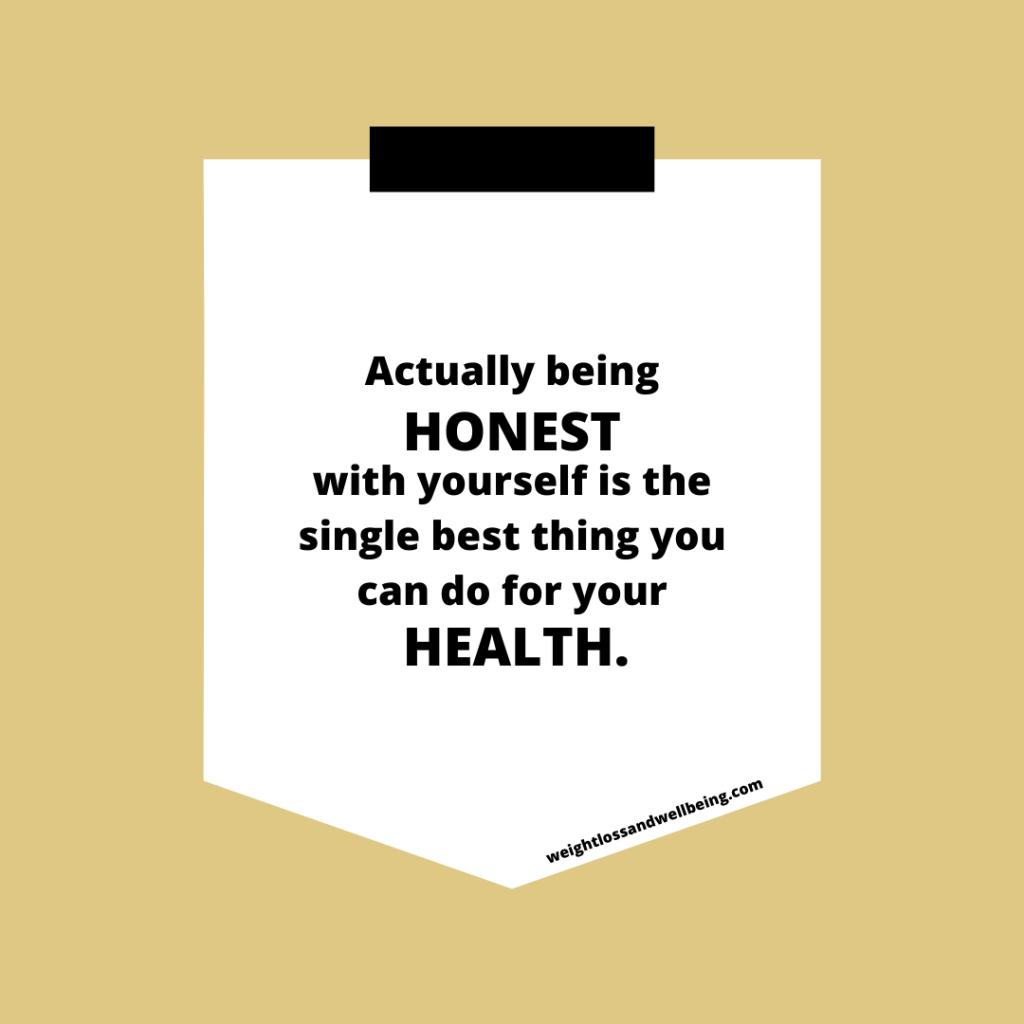
Research depends almost entirely on user experience. Especially when it comes to nutrition research, chronic illness research, and any symptom heavy diseases. Our scientists are only as good as the data they collect. And so many times, the study participants are not honest or as accurate as they could be with the information they provide.

For example, almost all of the nutritional research we currently have relies on the participants self-reporting the types and amounts of foods they eat.
We know for a fact, that most people will only report about half of what they ate. This meta-analysis found that the reliability of self-reported data is very low. Whether out of shame, the desire to please authority, or simple negligence, the results are wrong.
If we take into account this flaw, then it basically invalidates all of the current nutritional research. Yet, if we can learn to be honest and accurate in reporting our symptoms, intakes, outputs, and experiences we can literally increase the quality of the research and therefore the outcomes.
If we can talk about our health, then we can talk about anything.
